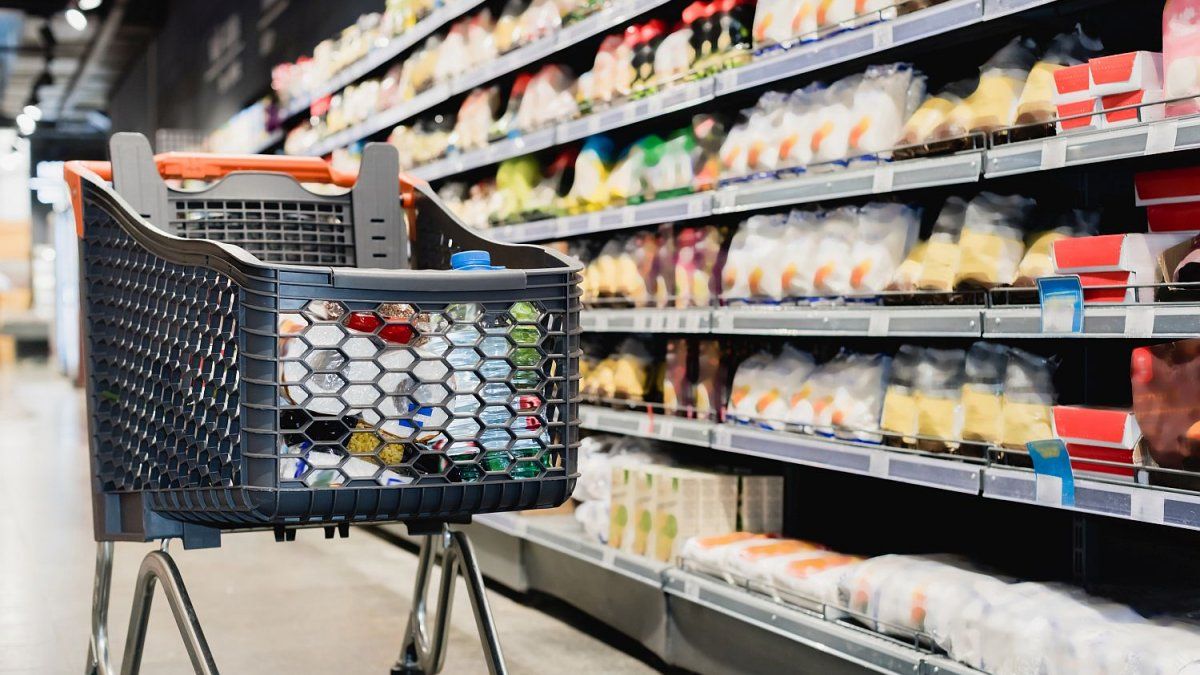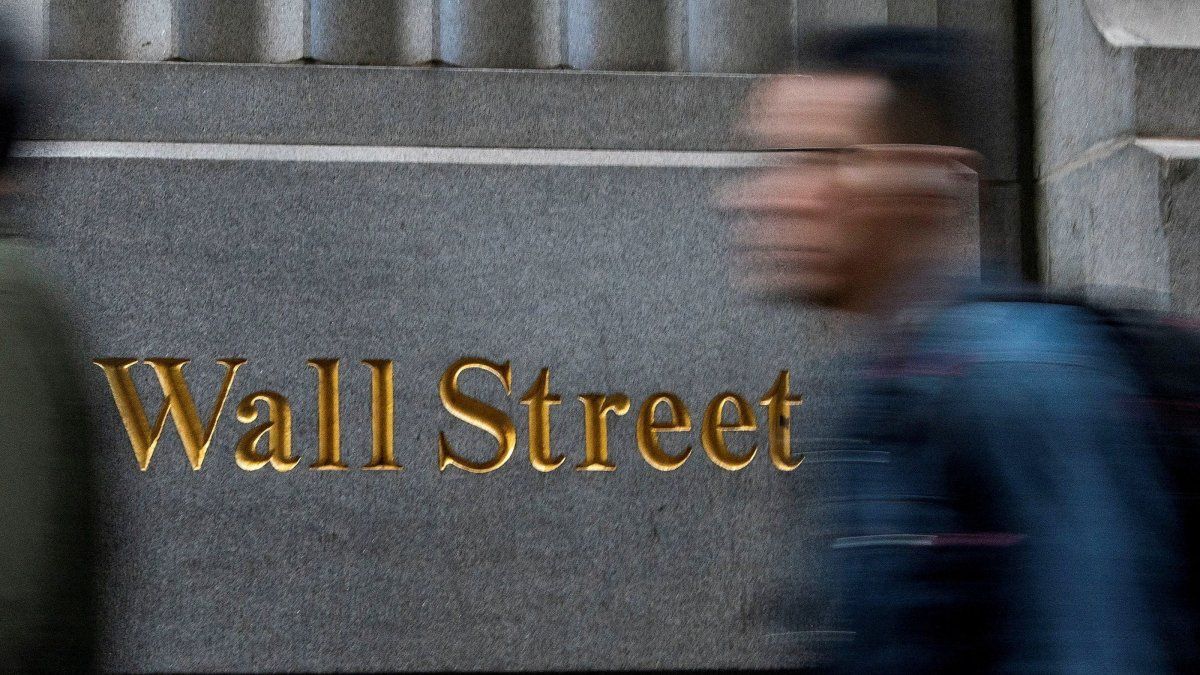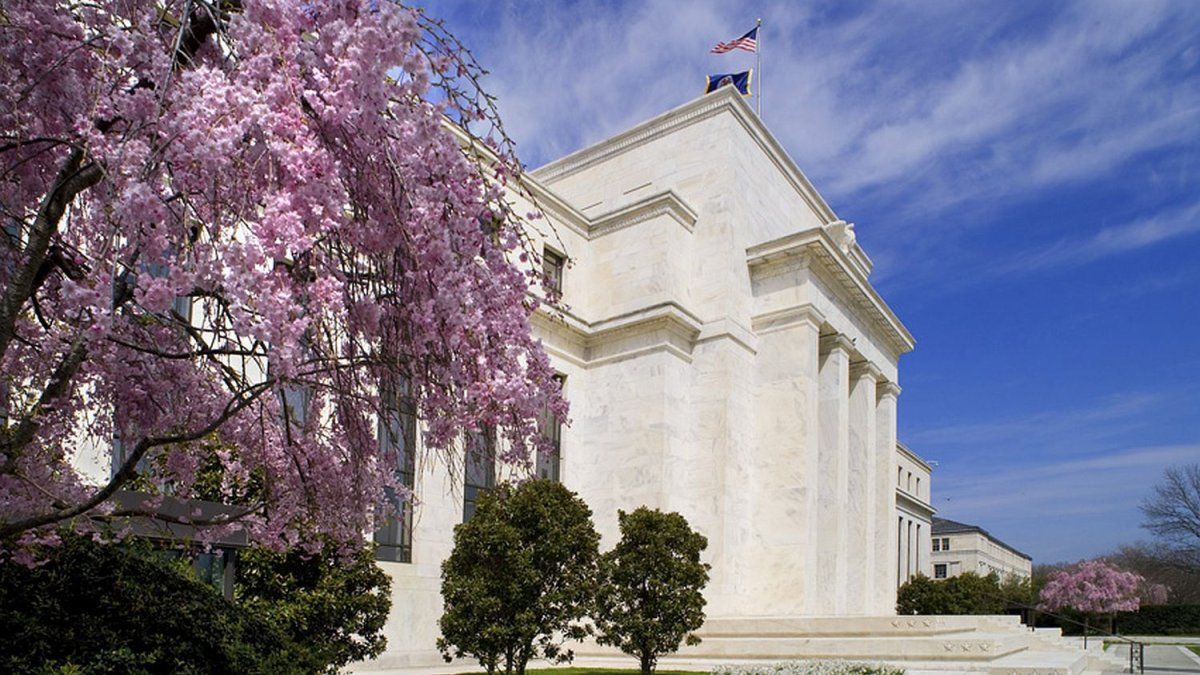Due to the acceleration of the inflation and the fall of purchasing powerduring the first weeks of the year, different changes are observed in the habits of consumption. Various surveys show a drop in sales in supermarketswhile a decrease is observed in “entertainment and gastronomy” expenses, both in large urban centers and in tourist destinations.
In turn, less tourist movement towards the main destinations made it possible to cushion the decline in local businesses in the metropolitan area. In fact, They highlight that given the rise in prices, an increase in purchases is perceived “day by day.”
Sectoral data and private surveys indicated that in December consumption contracted in monthly terms, but grew in the year-on-year comparison. The “stocking” effect in the face of political and economic uncertainty, in order to anticipate possible inflationary jumps, boosted sales in some sectors.
From the Argentine Chamber of Commerce and Services (CAC), They highlighted that consumption fell 2.4% in December compared to November, while it grew 0.7% compared to the same month of the previous year. Thus, it accumulated growth of 3.3% throughout 2023.
In any case, the entity warned that ““The loss of dynamism seen in recent months continued to deepen.” “With inflation at high levels and accelerating, and a consequent loss of purchasing power, The increase in consumption in year-on-year terms is explained by an advance in consumption decisions. The perception of a very probable decrease in the purchasing power of savings in the future due to price increases led consumers to decide to spend their money in the present – which is where it is most valuable in this scenario – and not in the future. , they pointed out.
“The expectation of a strong devaluation prior to the change of government produced a strong stocking in consumerswith the fear of a subsequent loss of purchasing power,” the CAC highlighted.
This phenomenon explained, to a large extent, the growth in mass consumption during December. According to the consulting firm Scentia, “self service” It rose 1.4% year-on-year in December in the last month of the year, accumulating a total growth of 2.4% throughout 2023.
In the large supermarket chains, growth was 5.9% in December, to accumulate an increase of 9% throughout the year. Meanwhile, in local businesses the contraction in the last month was 2.9%, and accumulated a contraction of 3.5% in the accumulated.
Inflation and changing trends in the summer
Inflation-Prices-Supermarket
After the jump in inflation in December, they warn that consumption fell in supermarkets
Ignacio Petunchi
In any case, the trend seems to change so far in 2024. “The first week of January, the drop in supermarkets was 19% year-on-year”he assured Ámbito Osvaldo del Riodirector of Scentia, who, when estimating how mass consumption may evolve this year, detailed: “The consulting firms we work with, to which we provide our data, “They prepare projections that speak of a 7% drop for this year.”
The contraction in consumption was less than expected in nearby businesses. “We thought that the drop in sales in the month of January was going to be at least 50%. Evaluating my business and other colleagues, we agreed that the drop was approximately 15%,” he explained to Ámbito. Fernando Savorevice president of the Federation of grocers of the province of Buenos Aires (FABA).
“Why didn’t it fall more, if the merchandise practically doubled its value in recent months? It’s because many people decided not to go on vacation. For this reason, people continued to consume locally. That is one aspect of the current reality,” said Savore, who explained: “In addition, many people used to make weekly, biweekly and even monthly purchases, but today to fill a bag in a supermarket you need from $200,000.. And many people can no longer do it: therefore, day-to-day purchases increase. And that is done in local commerce.”.
In any case, the impact of inflation on domestic demand is general. “In the first half of January we see a drop in mass consumption of 18.5% year-on-year,” said Damián Di Pace, director of the consulting firm Focus Market, who detailed: “In gastronomy and entertainment the fall is deeper: so far we measure a drop of 30% compared to January 2023“.
Going forward, the increase in services may further erode the consumption of goods. “In February there will be increases in services, which will further compress the availability of income for the purchase of goods. Or there could be an adjustment in the consumption of some services in order to continue maintaining the composition of the basket of goods,” said Di Pace, who clarified that as “many services are essential, we anticipate that there will be a substitution in the consumption” of some. goods to be able to cover expenses on services.
Lower consumption: the impact on tourist destinations
The jump in inflation and the uncertainty In the face of what may happen in economic matters, it had a negative impact on the tourist activity. In fact, in the main destinations there was less movement and a drop in occupancy levels.
It also changed habits and many tourists chose to travel for fewer days. “Many merchants say that tourists who go for a weekend, in some cases even bring provisions from their homes.. People are very fond of gas, they don’t buy as much because they can’t,” Savore remarked.
In fact, after a start to the season with lower than expected occupancy numbers, During the third weekend of January, occupancy in Mar del Plata reached 90%, according to data from the hotel sector, which represented an increase of 20% compared to the first weeks of the month. In Villa Carlos Paz, during the same weekend, occupancy averaged 85%.
Source: Ambito




